People gravitate toward alcohol for all kinds of reasons. It’s a popular drink for gatherings and large events, which makes it more socially acceptable than other substances with comparable abuse potential. In the crowd of any hub for alcohol consumption, though, several individuals quietly struggle with alcohol use disorder, a pattern of behaviors that cause their relationship with alcohol to become deeply imbalanced.
Alcohol use disorder (AUD) can be one of the most complex and subtle substance use disorders, in no small part due to alcohol’s status and prevalence. In spite of, or maybe because of this, more people are in need of alcohol-related treatments than any other substance. At California Centers for Recovery, our alcohol rehab in Los Angeles is designed to make recovery both comfortable and personalized. For long-term health and sobriety, call us at 877.328.5682 or reach out to us online today.
How Does Alcohol Use Disorder Develop?
To understand how AUD can develop in an individual, there are two major factors to consider: first, how alcohol affects a person, and second, what may incentivize alcohol abuse. The two can overlap and often do, but the distinction is that while two individuals may be affected by alcohol in the same way, they might differ in ways that could incentivize further alcohol consumption.
Drinking alcohol in small quantities can lead to a mild calming effect known as a “buzz.” This bar is cleared after only a matter of drinks, but if done routinely enough, the quota for drinks to achieve this ideal feeling begins to rise. Alcohol use disorder can develop when an individual’s tolerance gets too high.
Another reason someone may develop an alcohol use disorder is because of external factors. Alcohol is a depressant, which induces relaxation and can ease anxiety, make sleeping easier, and so on. People with conditions like depression, insomnia, or anxiety are at a higher risk of alcohol use disorder because of its self-medicating properties.
Long-Term Effects of Alcohol Abuse
Since alcohol use disorder is a pattern of behavior, it almost always encompasses longer periods of time. The long-term effects of alcohol misuse differ greatly from their short-term counterparts, given how certain organs start accruing some heavy damage. The liver and heart, in particular, can suffer the most, with the most frequent alcohol consumers experiencing:
Liver-Related Long-Term Health Effects
- ARLD, or fat buildup in the liver
- Alcoholic hepatitis
- Yellowing of the skin (jaundice)
- Cirrhosis of the liver (scar tissue)
Heart-Related Long-Term Health Effects
- Cardiomyopathy
- Irregular heartbeat
- High blood pressure
- Increased risk of stroke
Additionally, alcohol has a profound effect on the brain. Not only are chronic alcohol consumers at risk of strokes, but they tend to become more psychologically dependent on alcohol as a coping mechanism. This makes quitting feel like a fight against your own body, preventing even those who are aware of the health risks from becoming sober.
Treating Alcohol Use Disorder Is Possible at California Centers for Recovery
Alcohol use disorder opens the door to a worrisome number of health complications, even excluding those that can come about from alcohol impairment, such as drunk driving or other decisions made under the influence. Stopping alcohol abuse before it becomes a pattern of behavior is the safest precaution in preventing alcohol-related injury or death.
If you have a friend or family member who is showing signs of alcohol dependence, weigh carefully the cost of leaving them on their current path. Alcohol use disorder treatment is accessible all across the nation, and in Los Angeles, California Centers for Recovery is here for you. Call us today at 877.328.5682 or visit us online to learn about how our treatment programs can provide clients with the space, resources, and connections they need to break free of alcohol abuse.











